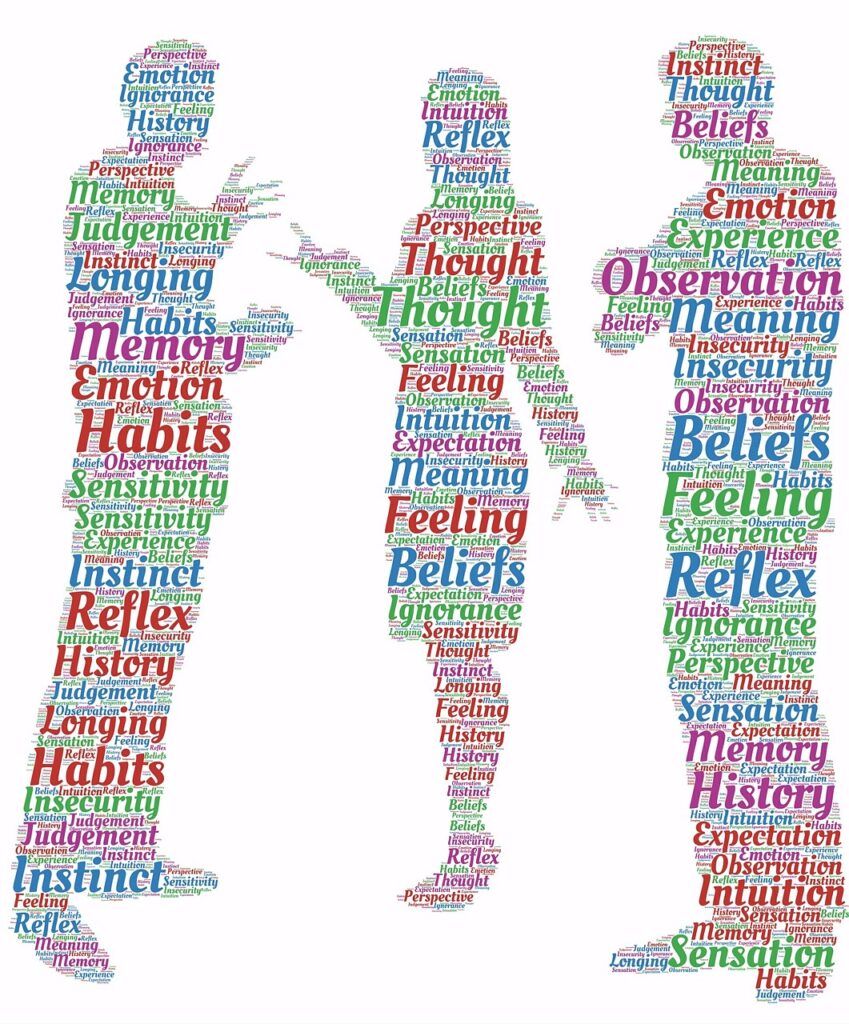Willingness to learn from each moment — as opposed to defending ourselves by stonewalling, explaining, justifying, withdrawing, blaming — is much more important than IQ, family background or education. The great advantage of openness-to-learning is that you’re in charge of it at all times. You can choose to shift out of defensiveness into genuine curiosity at any moment. ~ Gay & Katie Hendricks
There is always an opportunity in conflict, a defining moment (or three) where we can consciously choose to escalate or diffuse the situation. Sometimes we miss the opportunity to diffuse because our emotions have stirred us into a “mad” mindset rather than a “curious” mindset. Being curious opens communication. It allows for listening and measured response instead of emotional battle. Getting curious also allows us to detach from everything we bring to the table that may hinder resolution, like those knee-jerk emotions, the need to be right, previous communication patterns, fear and insecurity.
How can getting curious help conflict resolution?
Cultivate curiosity outside of conflict: Employing curiosity during a conflict is far easier when it is part of your everyday practice. Each day, make a commitment to something new, perhaps a new way of doing a routine activity, a new path of study. Broadening horizons makes it easier for us to see an opposite opinion in a more detached and curious way.
Getting curious helps us to suspend our disbelief temporarily: If we are completely wrapped up in our disbelief at what the other person is saying, we cannot listen, we cannot understand, we cannot empathize which all means that we cannot resolve conflict. Rebecca Shafir, a speech/language pathologist and author of The Zen of Listening: Mindful Communication in the Age of Distraction says:
“In real life, speakers often invite us to get into their movies with comments like, ‘Do you see it my way?’ or ‘Put yourself in my place.’ If we approach a listening opportunity with the same self-abandonment as we do at the movies, think of how much more we stand to gain from those encounters.”
Curiosity makes us better listeners and can diffuse misunderstanding: During conflict and heated arguments, misunderstanding is one of the quickest paths to escalation and communication breakdown. By being curious and asking a question, it slows down the questioner by putting them in a position to gather information and the person who is being asked may perceive that they are being heard or at least the communication door is being opened. Dr. Todd Kashdan says:
Researchers at Stanford University tested a simple idea for how to create successful outcomes during tense negotiations or conflicts. The reason that arguments can quickly turn ugly is that people don’t feel as if they’re being understood. Thus, make sure that each party feels as if they are being carefully listened to.
If people show that they are curious and willing to learn more about someone else’s opposing view, this might be the key to diplomacy. That is, ask a single clarifying question about what another person’s view is about. That’s it. One question with a few important guidelines:1. All you are doing is gathering information.
2. Be willing to suspend your biases and passionate beliefs – anticipate being challenged to defuse any defensive reactions on your part.
3. There is no commitment that you are going to alter or change your position based on what you learn.…The other person feels as if we are paying attention and they don’t just feel good, they view us as a good person. That curiosity, that open-mindedness, ends up being contagious. When you show curiosity in what they care about, they show a greater willingness to gather additional information from you. In the end, they are more willing to negotiate and come to a compromise that benefits everyone.
Curiosity opens possibilities: We can get stuck on our own opinions, especially when reinforced by feelings of anger and betrayal. Curiosity allows us to move past the stuck and into the area of possibilities by using a technique called “beginner’s mind”. As Tammy Lenski explains:
In Zen practice, beginner’s mind is the curious mind, the mind that’s completely open to what’s unfolding in front of it and free of judgments, expectations, diagnoses. Like a child’s mind, it embraces wonderment at what it’s noticing and exploring.
Beginner’s mind is a mind that’s not yet made up.
By beginning to practice the curious mind, you are setting yourself up for positive communication and successful conflict resolution in the future. Start now – how do you feel about using curiosity as a communication technique?


